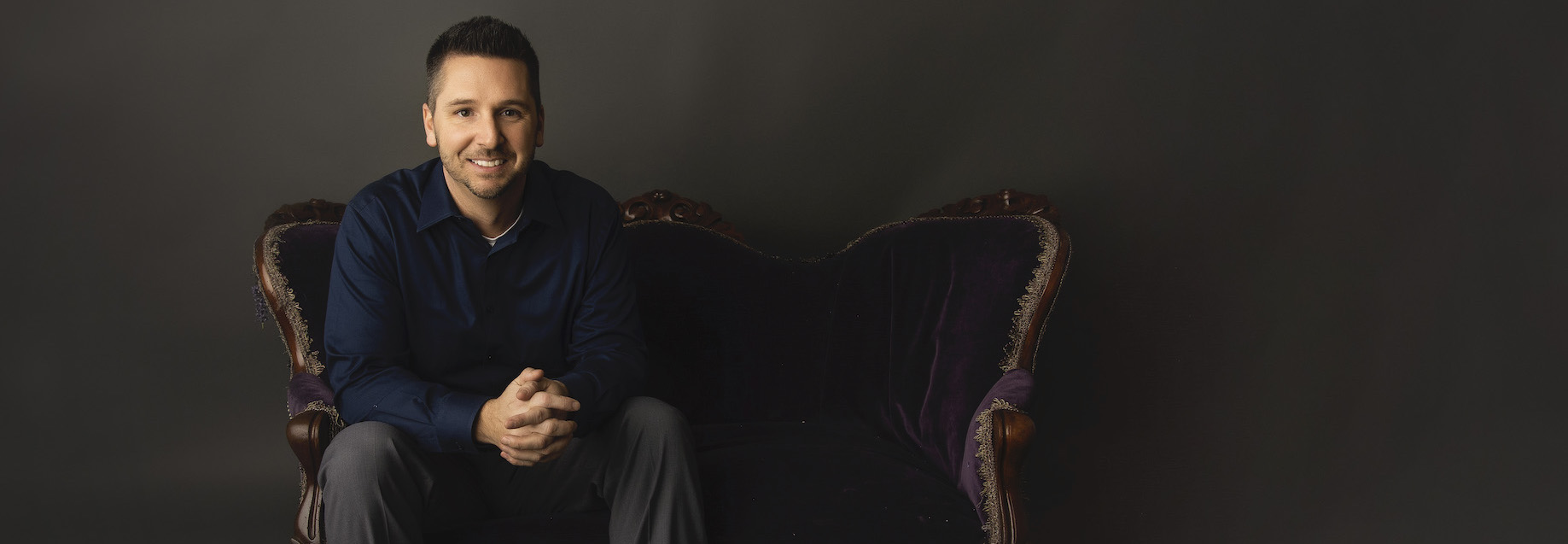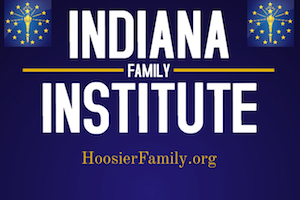|
Aug
11
2019
Sunday, August 11 2019
I have sworn off hot takes. It’s something that I feel very strongly about as a Christian that I need to not participate in the rush to judgment, the eagerness to condemn others, and the promotion of my own agenda by capitalizing on the very real emotions being experienced by others. The Bible teaches me to be slow to speak and quick to listen, and I have made a concerted effort to discipline myself in that regard. I worried initially that such a commitment would hurt my effectiveness in the tweet-happy, social media driven world of politics and culture. But watching the abject fools that so many make of themselves – not only offering snap judgments on complex situations, but also their apparent belief that none of the rest of us could predict their “take” before they even type it – I’m convinced it is the proper course for anyone that tries to operate by even a modicum of integrity. That’s why I’ve found that the most meaningful, most helpful, most worthwhile responses to the undeniable increase in high-profile acts of mass violence aren’t those offered by presidential candidates and leading media figures. And they aren’t the ones that are politically inflammatory. They aren’t the ones that absurdly pretend that all the violence could be solved (or even diminished) by simply passing a law. They’re the kind that seek root causes and address the real problem unfolding around us. They’re observations like this one from Daily Wire founder Jeremy Boreing:
Or this one from speaker and author Allie Beth Stuckey:
Both those assessments are sober, not politically-driven, and don’t offer some silly quick fix that obviously doesn’t exist. These are the kinds of things that we would be addressing and discussing if we really wanted to understand or change what we’re experiencing as a society. Instead we’ll talk about trigger locks, waiting periods, or gun confiscation, two tribes will lob rhetorical bombs using broken and embittered families like fodder, and nothing that matters will change. I find that incredibly sad. |
 |










